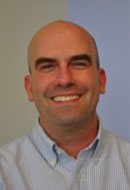|
|
Forest WhiteNed C. (1949) and Janet C. (Bemis) Rice Professor of Biological Engineering Forest is a professor of biological engineering at MIT, a member of the Koch Institute, and a member of the MIT Center for Precision Cancer Medicine. He earned his bachelor's degree in Chemistry from Framingham State College, and a doctorate in Analytical Chemistry from Florida State University. Following postdoctoral research with Donald Hunt at the University of Virginia, he joined MDS Proteomics, Inc. as a research scientist working his way up to group leader. Forest joined MIT as an assistant professor in 2003, where he has received several awards including the Mitsui Career Deveopment Professorship (2005-2008) and the Ruth and Joel Spira Award for Excellence in Teaching in 2010. |
Graduate students
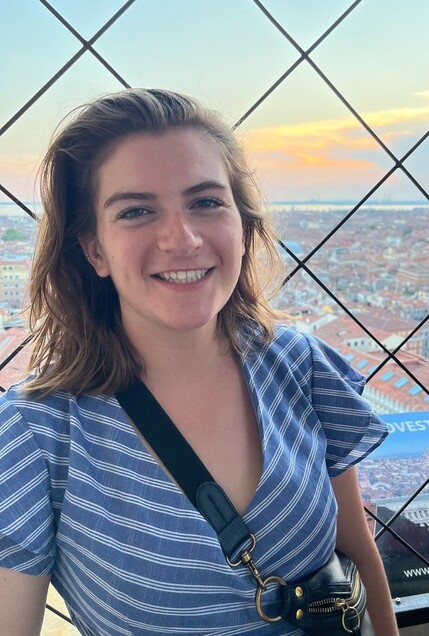 |
Hannah BoycePh.D. Candidate, Chemical Engineering Hannah is a lifelong Massachusetts resident and earned her B.S. in Chemical Engineering from Northeastern University, where she did co-ops focused on drug delivery in industry, at Brigham and Women's Hospital, and at ETH Zurich in Switzerland. At MIT, she is interested in applying chemical engineering principles to understand cellular control and communication through phosphoproteomics. If she's out of lab, she's probably hiking, biking, planning her next camping trip, or cooking with friends. |
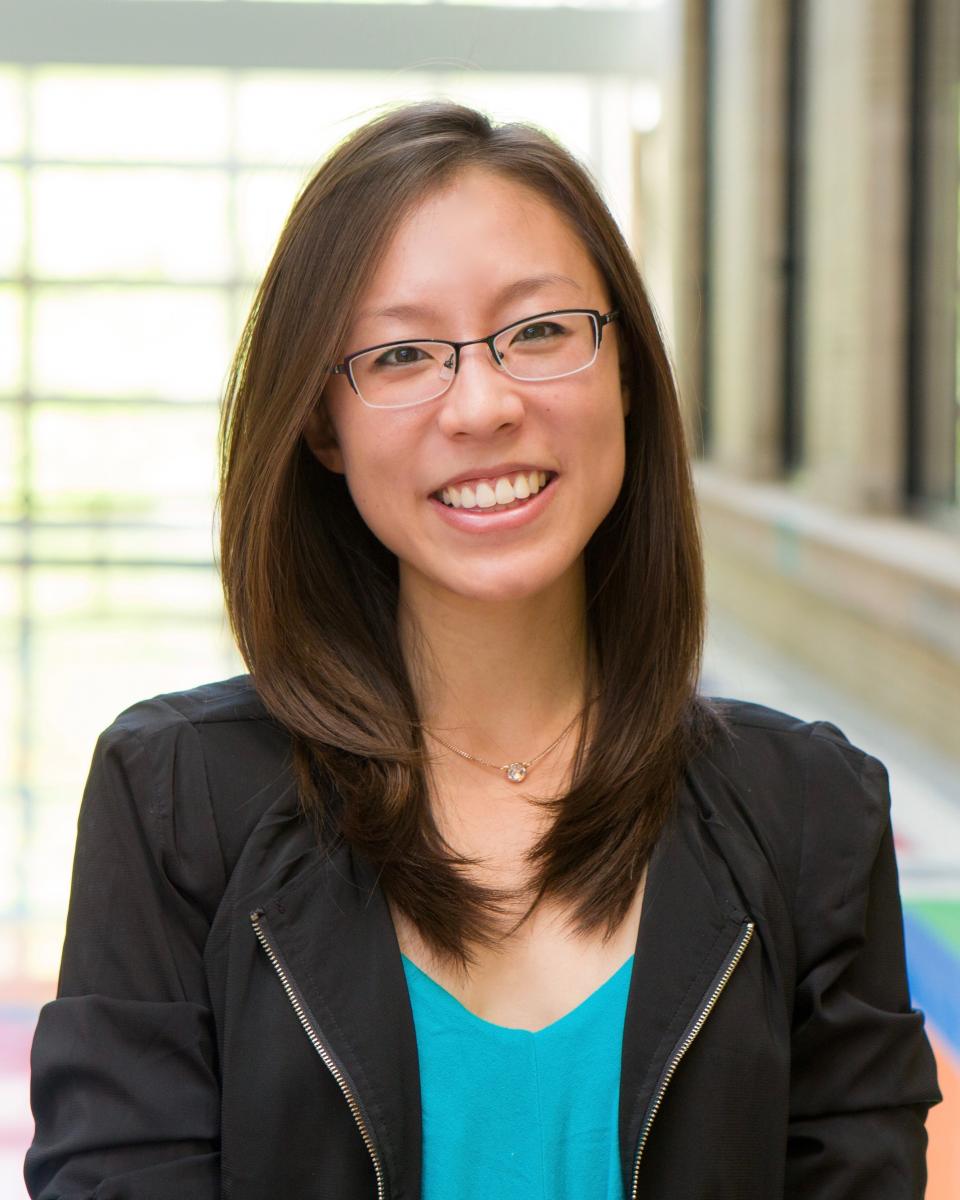 |
Elizabeth ChoePh.D. Candidate, Biological Engineering Elizabeth received her B.S. in Biological Engineering from MIT before spending several years working as a science media producer and educational researcher for MIT Open Learning, the MIT Media Lab's Learning Initiative, National Geographic, NIH, and MIT Undergraduate Admissions. She now uses phosphoproteomics to understand mechanisms of resistance and signatures of treatment in various glioblastoma therapies. Elizabeth enjoys the four M's: movies, memes, music, and Missouri (<-her home state). |
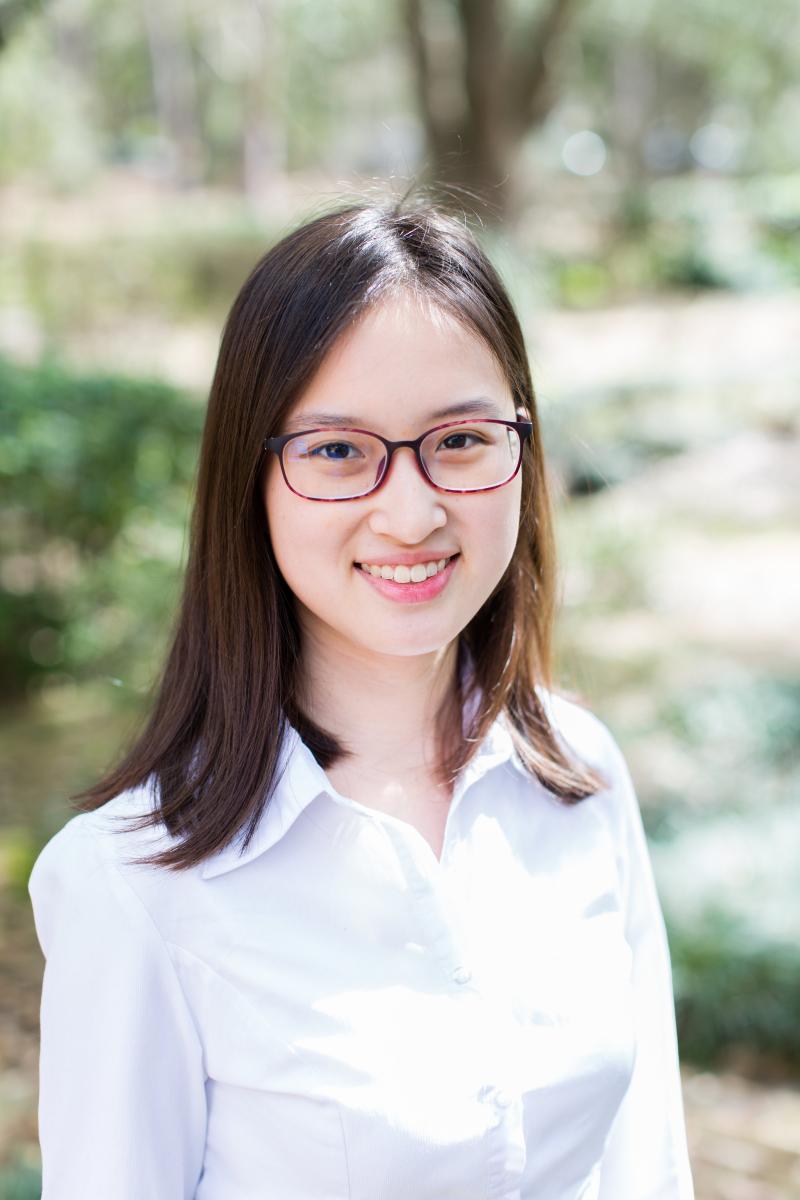 |
Yufei CuiPh.D. Candidate, Biological Engineering Yufei received her B.S. in bioengineering from Rice University. Now she is exploring the interaction of tumor with immune cells during immunotherapy treatment using immunopeptidomics and phosphoproteomics approaches. Outside of lab, she enjoys playing volleyball, watching anime and exploring restaurants around the city. |
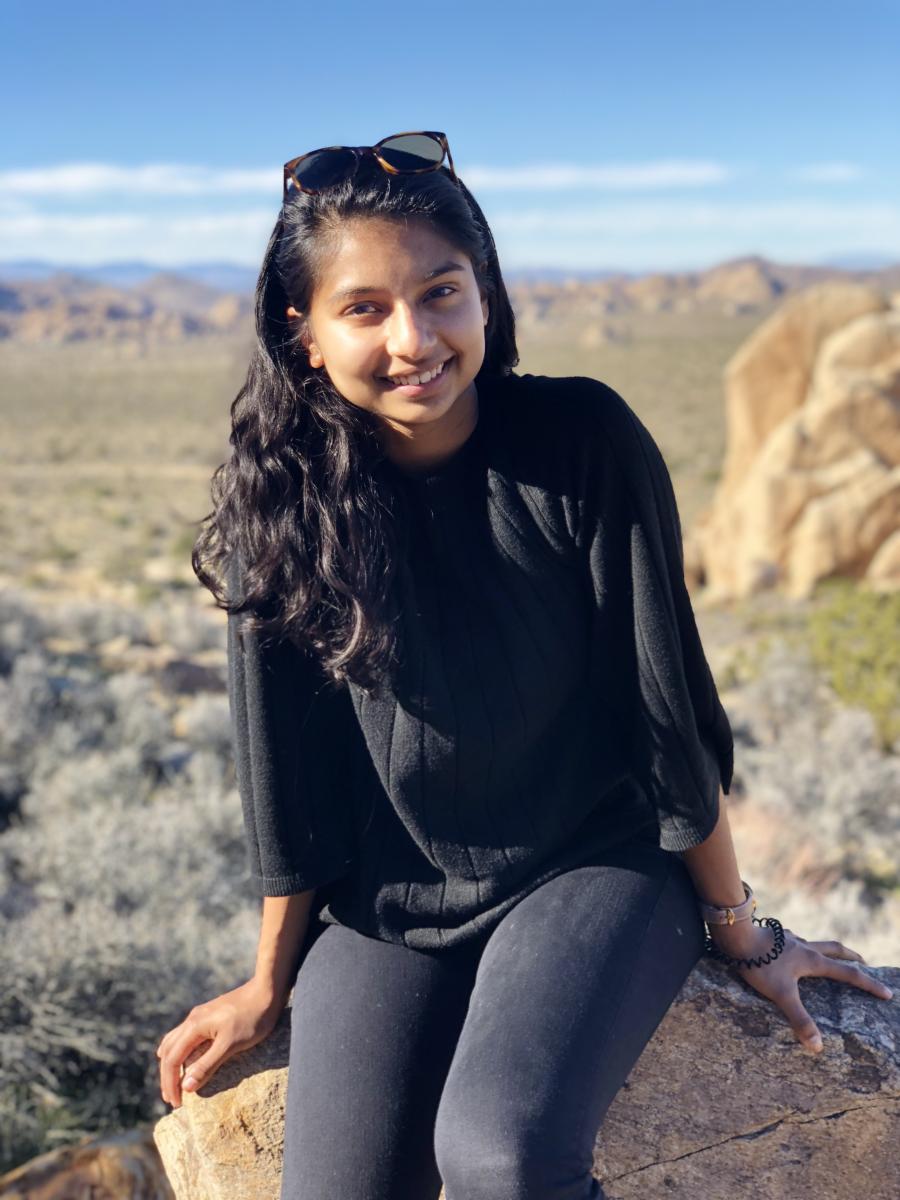 |
Alicia D'SouzaPh.D. Candidate, Medical Engineering and Medical Physics Originally from Texas, Alicia received her B.S. in Chemical Engineering from Stanford University. At MIT, she is interested in using phosphoproteomics and systems biology to study T cell signaling networks to inform cancer immunotherapy. Outside of lab, she enjoys trying out new restaurants, traveling, and practicing with the MIT Triathlon Club. |
 |
Weixi (Vincent) KangPh.D. Student, Biological Engineering Originally from Beijing, China, Weixi received his B.A. in Chemistry and History from Vanderbilt University. At MIT, he is interested in using immunopeptidomics and phosphoproteomics to develop new therapies for untreatable diseases such as pancreatic cancer. Outside of the lab, he enjoys traveling, tennis, and searching for good restaurants around the area. |
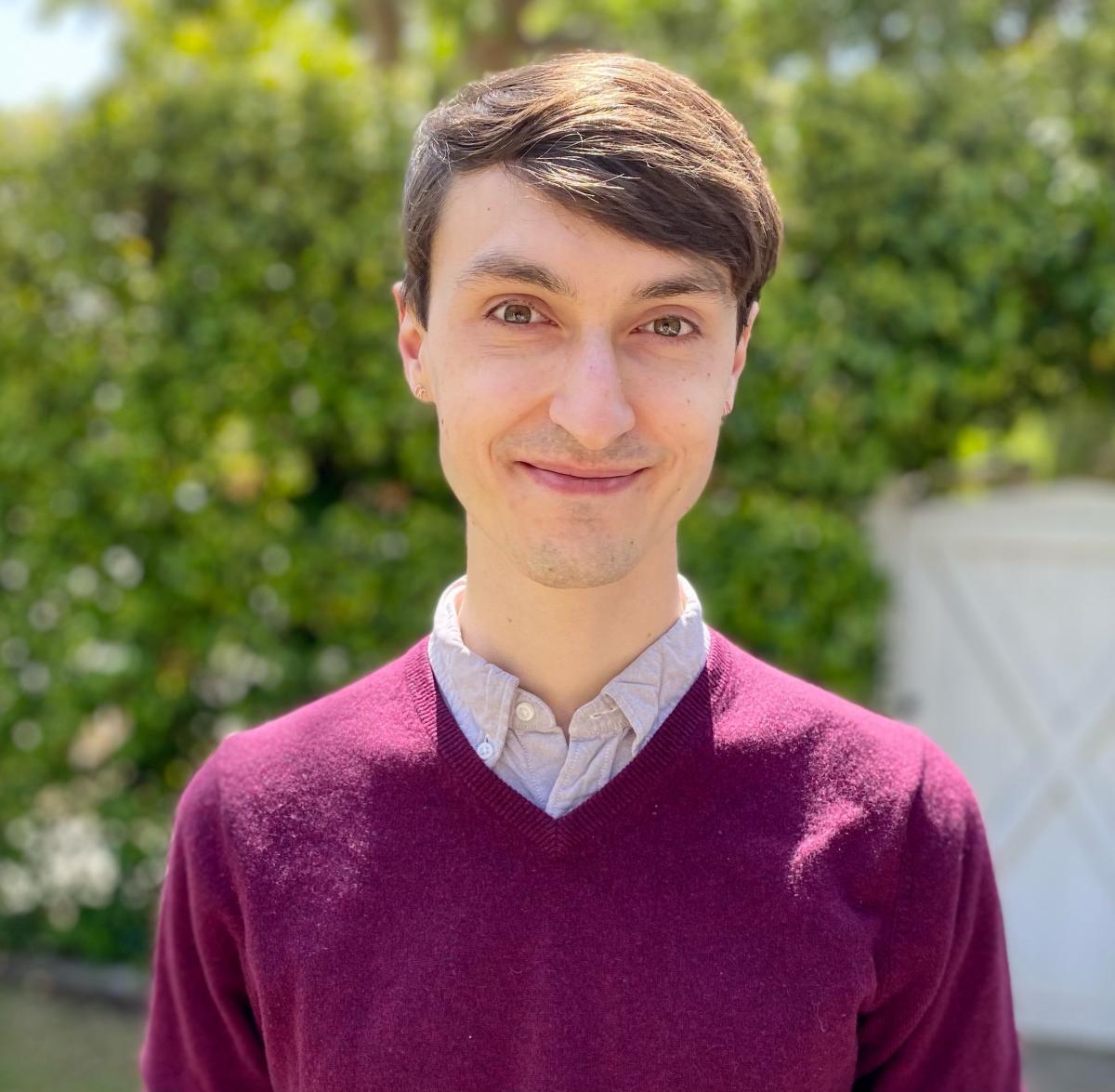 |
Owen LeddyPh.D. Candidate, Biological Engineering Owen grew up in Los Angeles and studied Biological Chemistry at the University of Chicago. His current research focuses on identifying peptide antigens presented on MHCs by phagocytes infected with Mycobacterium tuberculosis in order to select targets for the development of effective tuberculosis vaccines. Outside of research, his interests include writing fiction, web app development, and climate justice advocacy. |
Postdoctoral associates
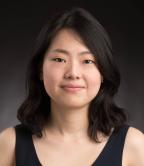 |
Ryuhjin AhnPh.D., McGill University (2019) Ryuhjin's research focuses on understanding the various aspects of tumor-host interaction at the level of signal transduction using proteomics, animal models, and molecular biology approaches. |
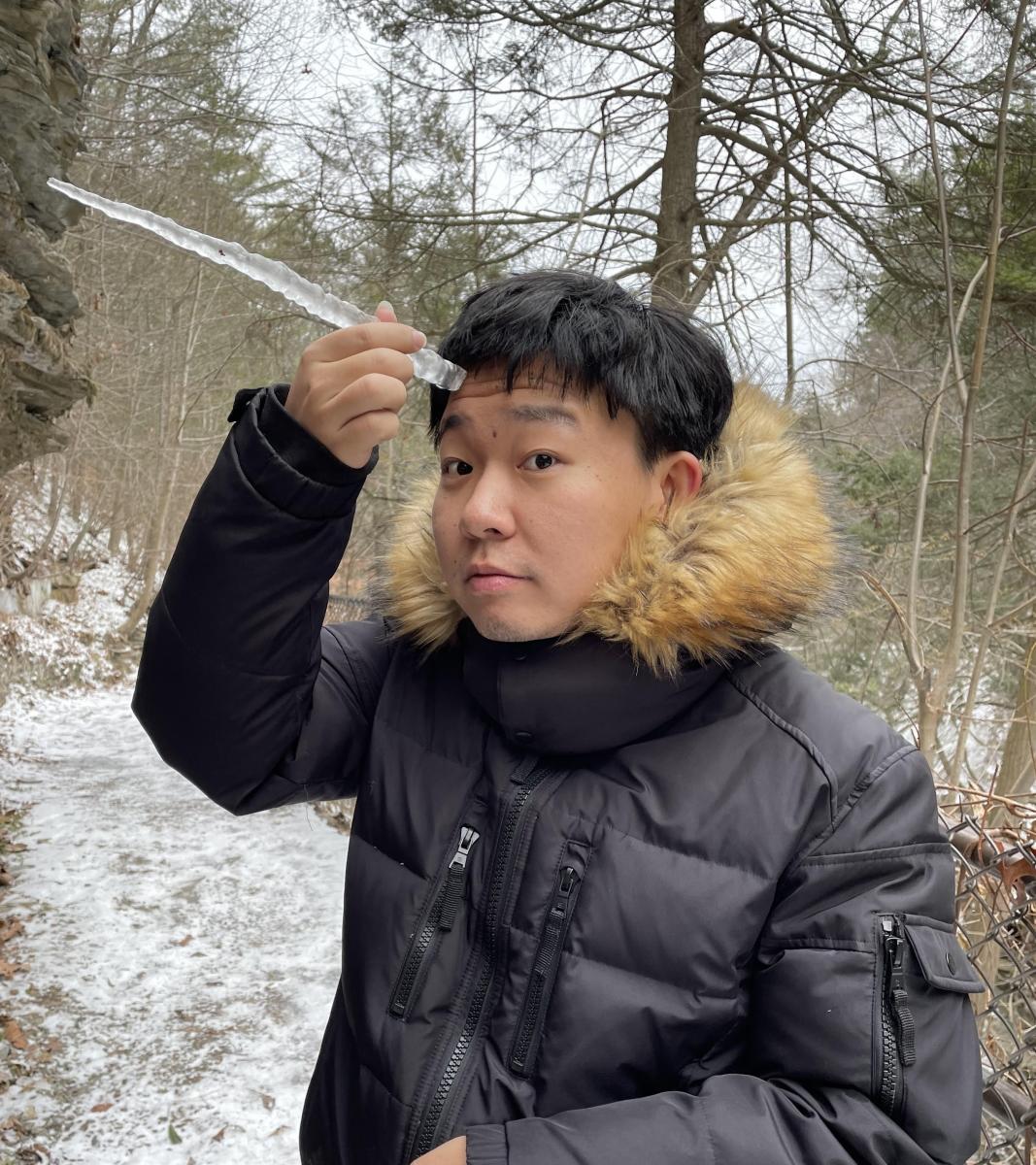 |
Bokai SongPh.D., Princeton University (2022) Bokai Song received his Bachelor of Science degree in Biological Sciences (why so many B.S.) at Tsinghua University in Beijing, close to his hometown Tianjin, China. He then came to the U.S. and got his Ph.D. in Ileana Cristea’s lab at Princeton University, where he applied proteomics to studying host innate immune response against viral infection. He is now a fan of PTMs and neoantigens in the White Lab, hoping to define potential therapeutic targets and mechanisms of resistance to existing therapies by analyzing clinical human tumor specimens. |
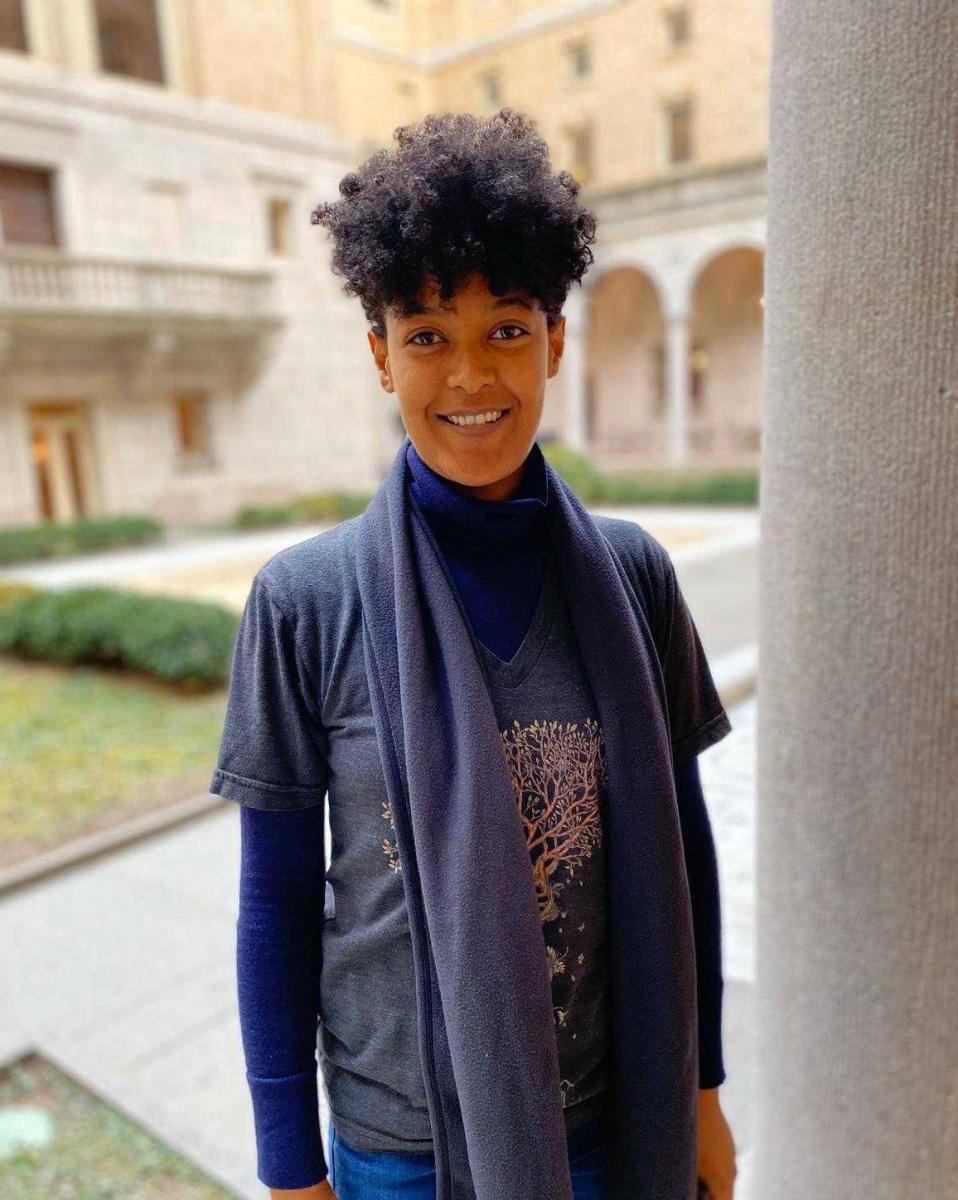 |
Tigist TamirPh.D., University of North Carolina at Chapel Hill (2019) Originally from Ethiopia, Tigist has lived in Virginia and North Carolina since moving to the United States. She received her B.S. in Biology and Bio-Mathematics from the College of William and Mary, and her Ph.D. in Pharmacology from the University of North Carolina at Chapel Hill. Her scientific focus is on identifying the convergence between cancer cell signaling and metabolism. She is applying techniques in proteomics, metabolomics, and computational modeling to study the processes that promote resistance to cancer therapy. Outside of the lab, Tigist enjoys traveling, dancing, martial arts, and the outdoors. |
Last updated: 2024-6-3


